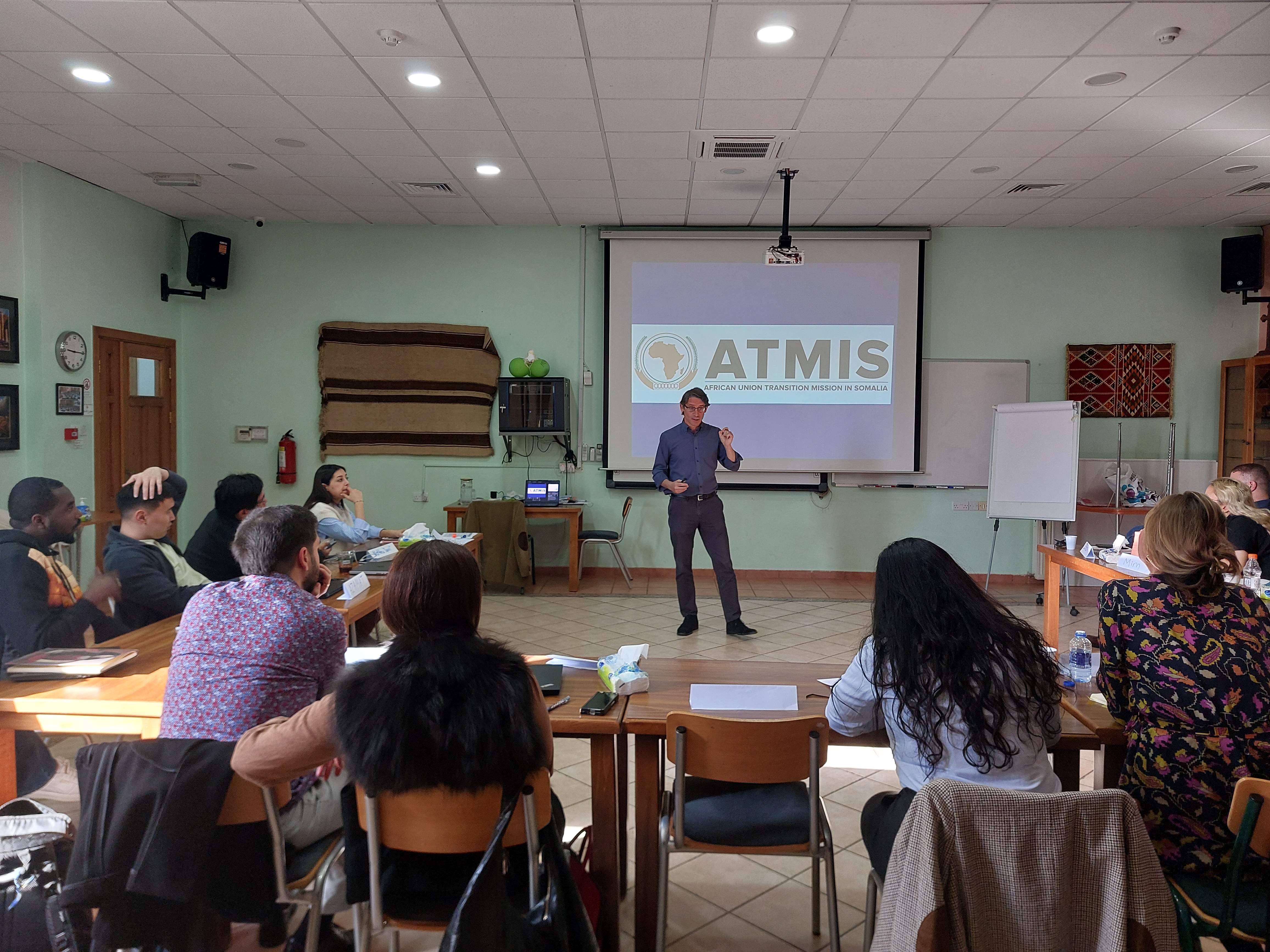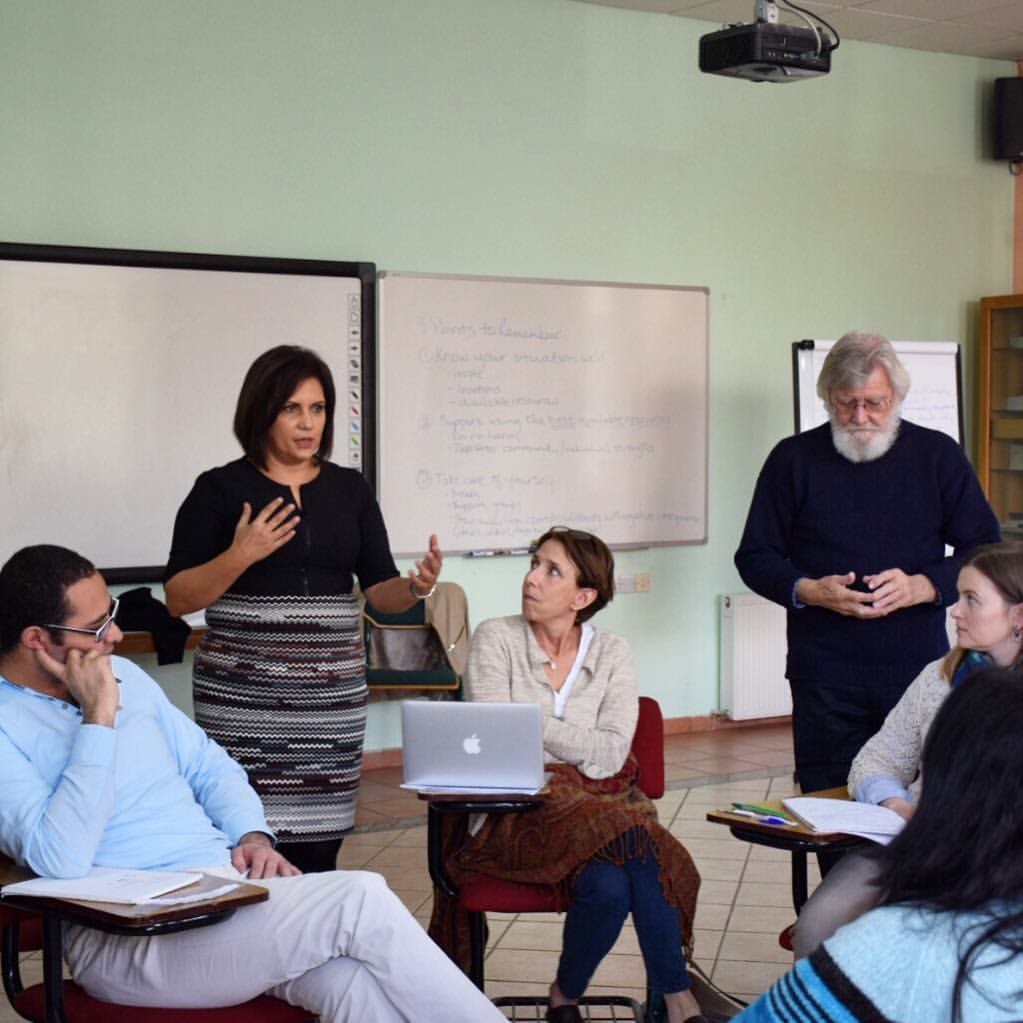In-Person Humanitarian Training Courses
Equipping those in the humanitarian, military, and medical fields
This fall, the IIHA will be offering two in-person humanitarian training courses for mid-career professionals:
In-person International Diploma in Humanitarian Assistance
In-person Humanitarian Resource Management
International Diploma in Humanitarian Assistance (IDHA)
The IDHA has hosted 57 in-person trainings such as in Amman, Geneva, and New York City. Join our next cohort here.

HUST 5014: Humanitarian Resource Management and Administration
Mondays 5:30pm-7:15pm
This course will introduce students to the operational aspects of humanitarian response and focus primarily on the role of human resources (HR) and financial management. In response to the continuing professionalization of the humanitarian sector, this course will provide students with a common understanding of hiring practices, budges management, and donor relations in a humanitarian intervention.
Register link will become live on May 1st
